Engineering teams at 1710 Naval Air Squadron in Portsmouth Naval Base have introduced new measures that enhance the safety of naval air operations and significantly reduce repair times for front-line helicopters, according to a Royal Navy news release.
This squadron supports not only the Fleet Air Arm but also RAF and Army Air Corps helicopters, playing a unique role in maintaining the operational readiness of UK air power.
Led by Chief Petty Officer David Shears, and developed by Leading Hand Eathan Dart, 1710 have developed the app to help process the hundreds of reports submitted following incidents during flights or found during maintenance on the ground.
The app, called POFU (Post-Occurrence Follow-Up), allows squadrons to submit and analyse Defence Air Safety Occurrence Reports electronically, a task previously handled manually by the Royal Navy Flight Safety Centre.
Reports encompass a range of incidents, from human error to mechanical faults, maintenance issues, and adverse weather conditions. By processing these reports digitally, the app accelerates response times, frees personnel for other essential tasks, and enables each squadron to generate tailored reports addressing their specific safety concerns.
The innovation doesn’t stop there say the Royal Navy; the squadron’s Repair Department, led by Chief Petty Officer Tom Hone, has halved repair times for critical components on Wildcat helicopters operated by 815 and 825 Naval Air Squadrons. The repair time for I-Beams—a key structural component that supports the main gearbox—has been reduced from 16 to approximately 8–10 weeks.
These repairs, which were traditionally carried out off-site, have now been streamlined thanks to advances in repair methods. Additionally, engineers at Yeovilton have received training from the Portsmouth-based squadron, enabling them to perform these intricate repairs on-site.
The new processes not only upskill Wildcat engineers but also ensure that helicopters spend less time undergoing maintenance and more time in operational service, greatly improving fleet availability.


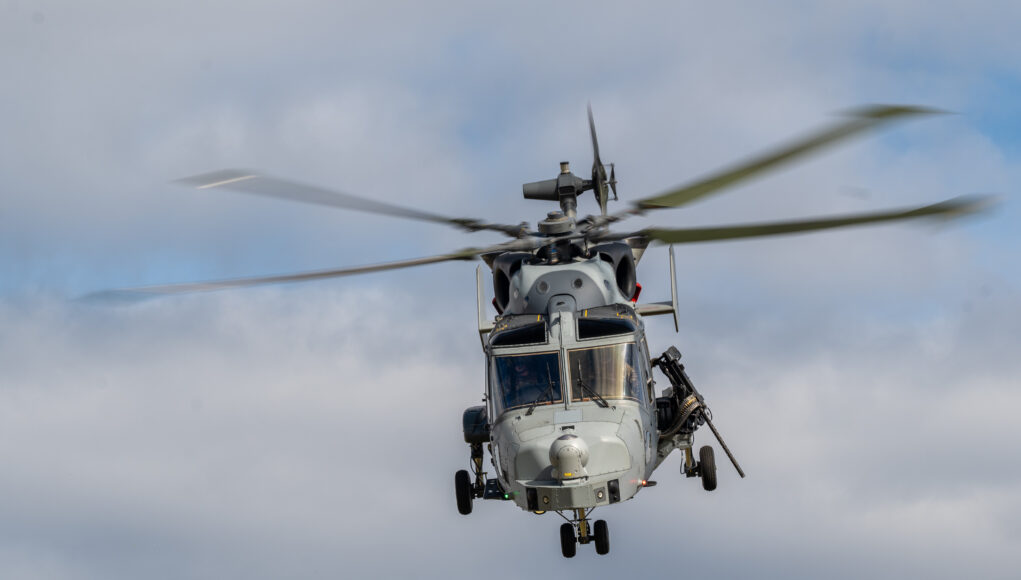

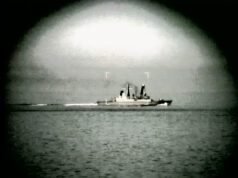
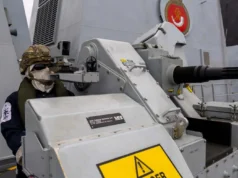
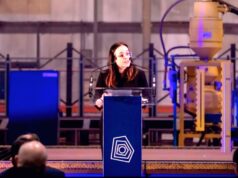
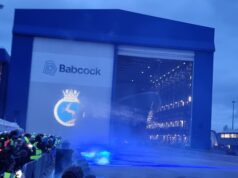
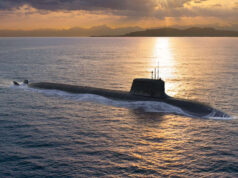
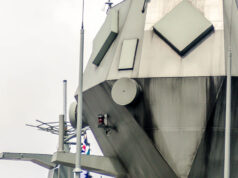
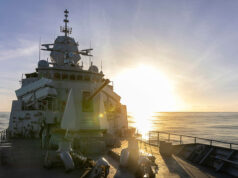

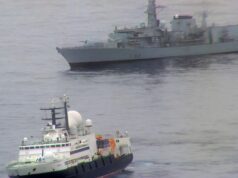

Interesting that Engineering teams at 1710 Naval Air Squadron also supports RAF and Army Air Corps helicopters.
I wonder why that is the case?